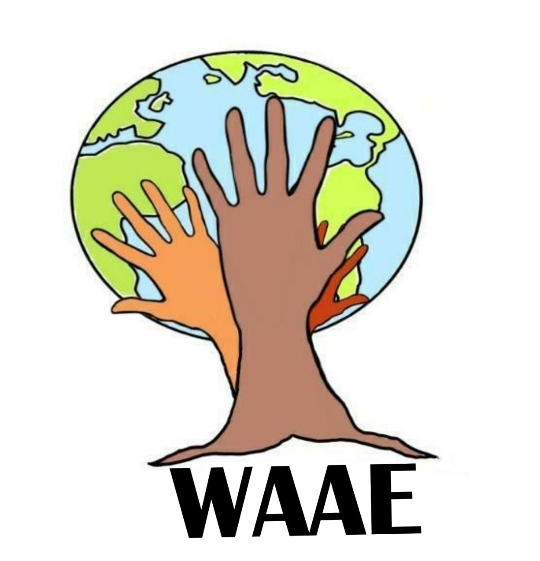
how you can change the world with only 1$
Who We Are

We are an environmental NGO, one that fights to protect the environment. We envision a better world for better people. Our mission is to spread awareness and change people's views about environmental problems and, by doing so, change the world.
Here are our values:
The preservation of the environment;Sustainability;Clean Energy.
Goal 13: Take urgent action to combat climate change and its impacts
2019 was the second warmest year on record and the end of the warmest decade (2010- 2019) ever recorded.
Carbon dioxide (CO2) levels and other greenhouse gases in the atmosphere rose to new records in 2019.
Climate change is affecting every country on every continent. It is disrupting national economies and affecting lives. Weather patterns are changing, sea levels are rising, and weather events are becoming more extreme.
Although greenhouse gas emissions are projected to drop about 6 per cent in 2020 due to travel bans and economic slowdowns resulting from the COVID-19 pandemic, this improvement is only temporary. Climate change is not on pause. Once the global economy begins to recover from the pandemic, emissions are expected to return to higher levels.
Saving lives and livelihoods requires urgent action to address both the pandemic and the climate emergency.
The Paris Agreement, adopted in 2015, aims to strengthen the global response to the threat of climate change by keeping a global temperature rise this century well below 2 degrees Celsius above pre-industrial levels. The agreement also aims to strengthen the ability of countries to deal with the impacts of climate change, through appropriate financial flows, a new technology framework and an enhanced capacity building framework.
Ensure access to affordable, reliable, sustainable and modern energy
The world is making progress towards Goal 7, with encouraging signs that energy is becoming more sustainable and widely available. Access to electricity in poorer countries has begun to accelerate, energy efficiency continues to improve, and renewable energy is making impressive gains in the electricity sector.
Nevertheless, more focused attention is needed to improve access to clean and safe cooking fuels and technologies for 3 billion people, to expand the use of renewable energy beyond the electricity sector, and to increase electrification in sub-Saharan Africa.
The Energy Progress Report provides global dashboard to register progress on energy access, energy efficiency and renewable energy. It assesses the progress made by each country on these three pillars and provides a snapshot of how far we are from achieving the 2030 Sustainable Development Goals targets.
Goal 11: Make cities inclusive, safe, resilient and sustainable
The world is becoming increasingly urbanized. Since 2007, more than half the world's population has been living in cities, and that share is projected to rise to 60 per cent by 2030.
Cities and metropolitan areas are powerhouses of economic growth-contributing about 60 per cent of global GDP. However, they also account for about 70 per cent of global carbon emissions and over 60 per cent of resource use.
Rapid urbanization is resulting in a growing number of slum dwellers, inadequate and overburdened infrastructure and services (such as waste collection and water and sanitation systems, roads and transport), worsening air pollution and unplanned urban sprawl.
The impact of COVID-19 will be most devastating in poor and densely populated urban areas, especially for the one billion people living in informal settlements and slums worldwide, where overcrowding also makes it difficult to follow recommended measures such as social distancing and self-isolation.
The UN food agency, FAO, warned that hunger and fatalities could rise significantly in urban areas, without measures to ensure that poor and vulnerable residents have access to food.
Supporters

Terrcycle
TERRACYCLE intends to prove that nothing is garbage, but raw material

Nestle
By 2025, we have a global mission to make 100% of our packaging recyclable or reusable. The path to achieving this goal has already led us to guarantee, since 2018, zero waste disposal to landfills.

Ekofootprint
To reduce paper disposal, the Ekofootprint graphic created an alternative, using machines that print paper with wax in a more sustainable way. This paper is composed of the base of sugarcane bagasse, using only 4 cartridges and printing 50 thousand sheets, as opposed to ordinary ink, which consumes 12 cartridges and prints only 35 thousand sheets.